Orthopedic shoes often feel like a necessity rather than a style choice. But this doesn’t have to be the case. Shoes have evolved and have combined comfort with contemporary design.
Today, orthopedic shoes can address foot ailments with a bit of flair. They offer much-needed relief to those struggling with various foot conditions.
This stylish transformation has brought orthopedic footwear into the spotlight of fashion and function. Let’s discover how these shoes blend health benefits with style.
Understanding orthopedic shoes
Orthopedic shoes are a health-promoting must for many. These shoes are designed to support the unique needs of the feet, ankles, and legs. They offer solutions to foot-related problems while ensuring comfort while also going beyond regular shoe aesthetics.
From functional to fashionable
In the past, the focus of orthopedic shoes was predominantly on function. The designs support our general foot health, helping us maintain proper posture. The aesthetics were often an afterthought, leading to a limited and unattractive range.
Today, you’ll see orthopedic shoes that combine ergonomic designs with contemporary fashion. This shift means those requiring orthopedic shoes no longer have to choose between comfort and style.
Features that make orthopedic shoes unique
Orthopedic shoes stand out due to their specialized features that provide maximum comfort and support:
-
Enhanced arch support: One of the standout features of orthopedic shoes is their superior arch support. The design supports the natural shape of your foot, evenly distributing weight and reducing stress on your arches. Arch support is especially important for those with flat feet or high arches.
-
Roomy toe box: These shoes offer a spacious toe box, providing ample room to move. This feature is helpful for anyone with bunions, hammertoes, or wide feet.
-
Cushioned soles: Orthopedic shoes typically come with soles that have extra cushioning. This feature works like a shock absorber for your feet, reducing the impact on your joints with every step.
-
Customizable fit: Many orthopedic shoes are designed with removable insoles or adjustable straps, allowing for a fit made for your foot's specific needs. This is ideal for people with specific foot conditions who need custom orthotics.
-
Breathable fabrics: These shoes use materials that allow your feet to breathe. This reduces the risk of moisture buildup and keeps your feet cool and dry. This is particularly important for people with diabetes or other conditions that affect foot health.
-
Durable construction: Orthopedic shoes are built to last. They’re made using high-quality materials and construction techniques. They can also handle daily wear and tear while providing consistent support.
-
Non-slip soles: Safety is key. Non-slip soles are important for preventing falls, especially for older adults with balance issues.
Orthopedic shoes can be a fusion of function and fashion. Their unique features cater to various foot issues, ensuring that comfort doesn’t come at the expense of style. Whether dealing with specific foot problems or seeking a more comfortable fit, these shoes keep your feet happy and healthy.
Who needs orthopedic shoes?
Orthopedic shoes aren’t just for those with serious foot ailments. Their broad appeal lies in their ability to provide enhanced support and comfort for various foot conditions and lifestyles.
Here’s why you might need orthopedic shoes:
-
Foot conditions: Individuals suffering from foot-related issues like plantar fasciitis, bunions, hammertoes, or diabetic neuropathy often find immense relief with orthopedic shoes. These conditions require extra support for your feet and encourage healing, which these specialized shoes can offer.
-
Age-related changes: As we age, our feet change. They can flatten or widen, and the padding on our soles will thin. Orthopedic shoes, with their superior cushioning and support, can alleviate discomfort caused by these age-related changes.
-
Active lifestyles: Athletes, or those who have active lifestyles, can benefit significantly from orthopedic shoes. The enhanced support and cushioning helps absorb impact, reduce fatigue, and prevent injuries caused by repetitive stress on the feet.
-
Daily comfort: Even if you don't have a specific foot condition, orthopedic shoes can still be a great choice. They provide superior comfort and support, which benefits anyone who spends long hours on their feet.
Types of orthopedic shoes
Orthopedic shoes come in various styles, each designed to cater to specific needs and preferences.
Let's explore the different types available:
-
Sneakers: Orthopedic sneakers are versatile and offer excellent support for everyday wear. They often feature thick cushioned soles and are ideal for those who need extra comfort during physical activities.
-
Dress shoes: These shoes are best for formal occasions. They typically have a broader toe box and cushioned insoles, combining elegance with functionality.
-
Sandals: Orthopedic sandals provide a breathable option for warmer weather, often featuring adjustable straps and supportive footbeds to ensure a comfortable fit.
-
Kiziks: Kiziks offer a unique blend of style and orthopedic benefits. With features like enhanced arch support, spacious toe boxes, and our patented HandsFree Labs® technology, they provide the perfect blend of comfort and convenience.
-
Custom orthopedic shoes: Custom-made orthopedic shoes are available for those with specific needs. They fit the exact contours of your feet, providing targeted support and relief.
-
Over-the-counter options: There are also readily available orthopedic shoes to purchase without a prescription. While they may not be custom-made, many provide sufficient support and comfort for common foot issues.
When choosing orthopedic shoes, it's important to find a proper fit. A good fit enhances comfort and ensures the effectiveness of the shoe's orthopedic features. Whether it's a custom design or an over-the-counter option, selecting the right orthopedic shoe can significantly improve your foot health and overall quality of life.
The benefits of wearing orthopedic shoes
Orthopedic shoes offer an array of health benefits, positively impacting your feet and overall well-being:
-
Relief from discomfort: One of the primary benefits of orthopedic shoes is their ability to support comfort. By providing proper alignment, these shoes reduce discomfort associated with various foot conditions.
-
Improved posture: These shoes help maintain correct posture by offering balanced support to your feet. This alignment benefit extends through the legs and back, offering support throughout the length of your body.
-
Injury prevention: By offering better support and a more secure fit, orthopedic shoes can help our bodies stay at their best. This is especially important for active individuals or those prone to falls.
-
Healthy mobility: The comfort and support provided by orthopedic shoes can help maintain healthy mobility, enabling individuals to stay active and engaged in their daily activities without discomfort.
-
Emotional benefits: Wearing comfortable, pain-relieving footwear like easy, hands-free Kiziks can bolster confidence. Knowing you can step into your shoes effortlessly will help you feel your best.
How to choose the right orthopedic shoes
Selecting the right orthopedic shoes involves considering various factors to ensure they meet your specific needs:
-
Assess your foot shape and condition: Understand the shape of your foot and any specific conditions you might have, such as flat feet or high arches. This will guide you to find shoes with the appropriate support.
-
Consider your lifestyle: Your daily activities should influence your choice. Active individuals might prefer orthopedic athletic shoes, while those seeking everyday wear might opt for casual or formal orthopedic styles.
-
Consult a podiatrist: A podiatrist can provide professional advice on the best orthopedic shoes for your particular foot condition. They can also recommend whether custom orthotics are necessary.
-
Look for key features: Ensure the shoes have essential orthopedic features like enhanced arch support, cushioned soles, and a roomy toe box. Our Kizik shoes combine these features with innovative HandsFree Labs® technology.
-
Prioritize comfort and fit: Always try on orthopedic shoes to ensure they feel comfortable. The right fit is important for the shoes to support our feet effectively.
Choosing the right orthopedic shoes can significantly affect your foot health and overall comfort. It’s never been easier to find that perfect pair that suits your health needs and personal tastes. (Just take a look at our coveted Kizik designs!
The bottom line:
Orthopedic shoes have transformed from functional to fashion-forward without losing sight of their core purpose: To provide exceptional support and comfort. At Kizik, we're proud to push this evolution forward. We offer shoes that cater to your foot health and keep you in step with modern style.
Whether you need them for specific foot conditions or enhanced daily comfort, orthopedic shoes are an excellent choice for anyone looking to improve their foot health and overall well-being. To learn more about choosing the right shoes for your foot needs, visit our blog.
Sources:
The arch support insoles show benefits | PMC
CHP: Why Good Footwear is So Important for Your Health | Community Health Partners
Coping with the changes your feet undergo as you age | UCLA Health


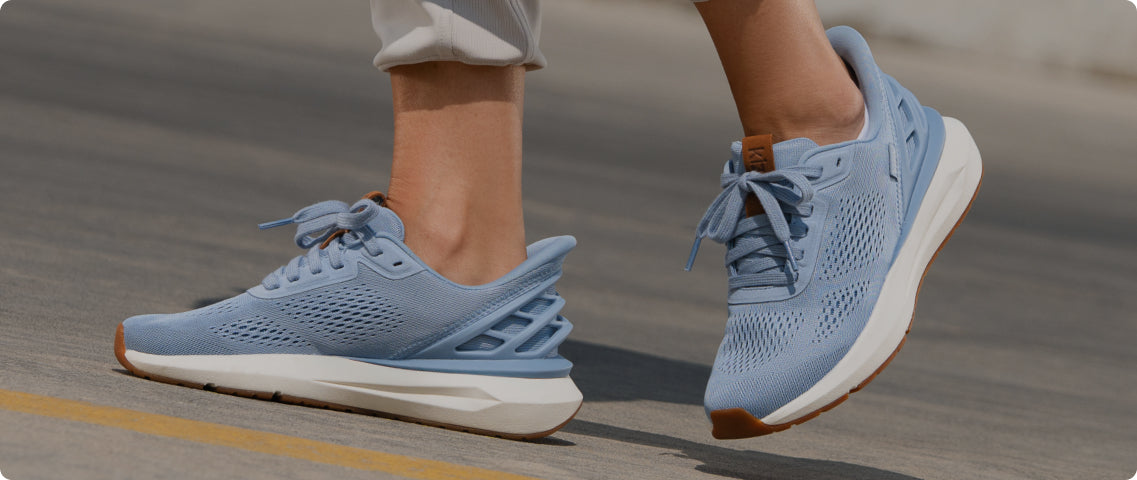

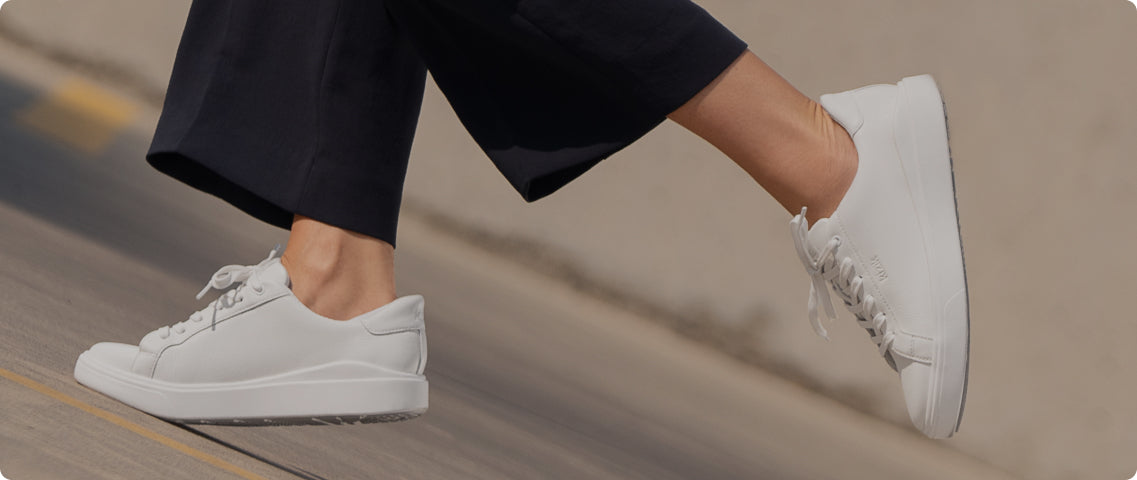
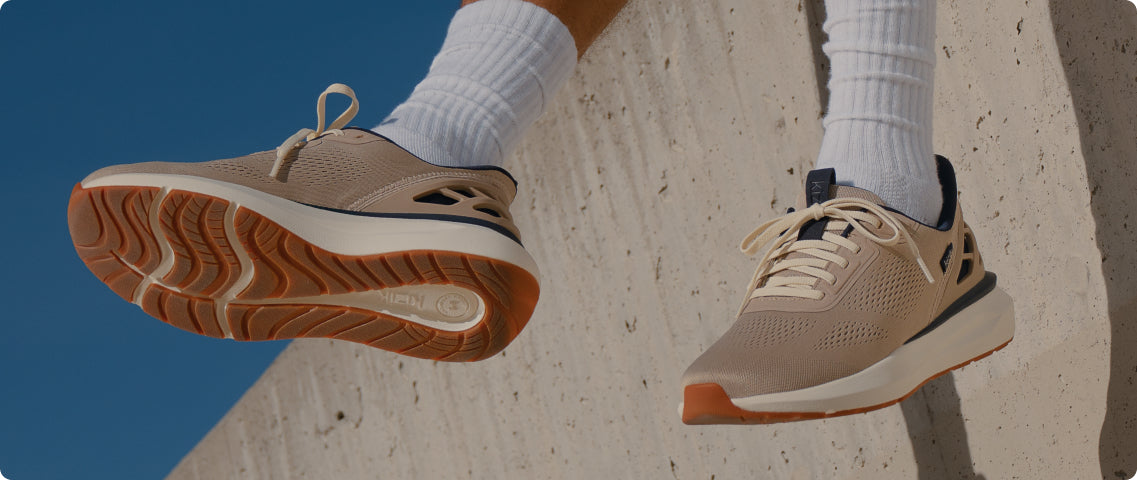
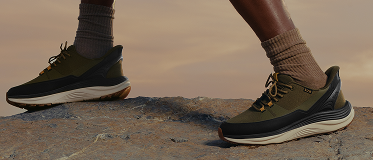
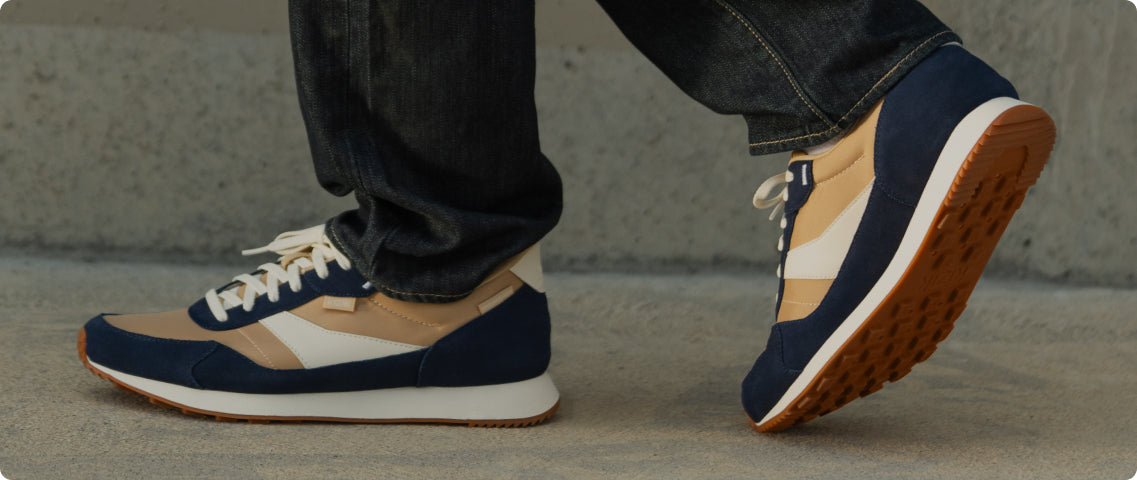
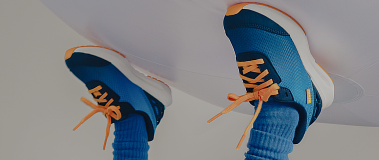
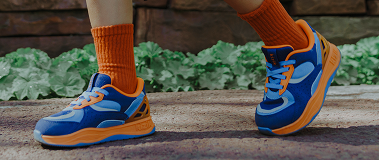

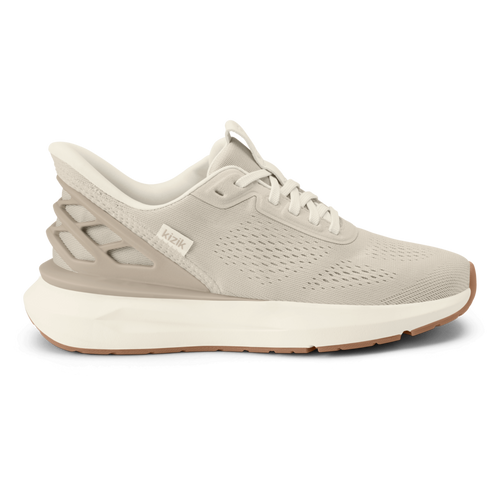
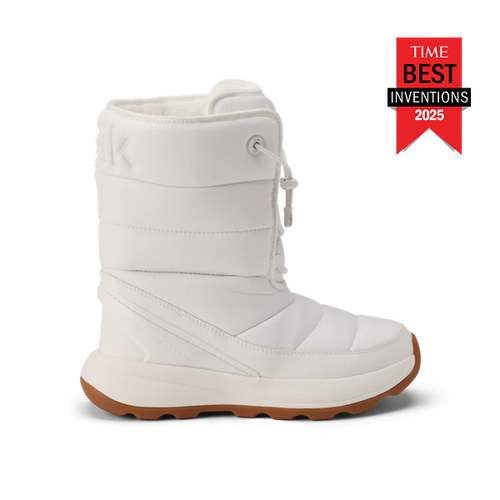
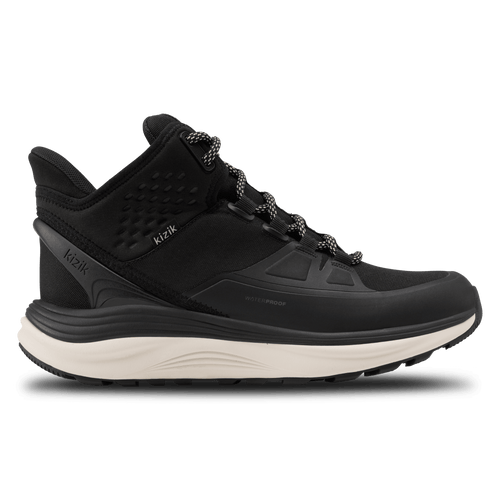

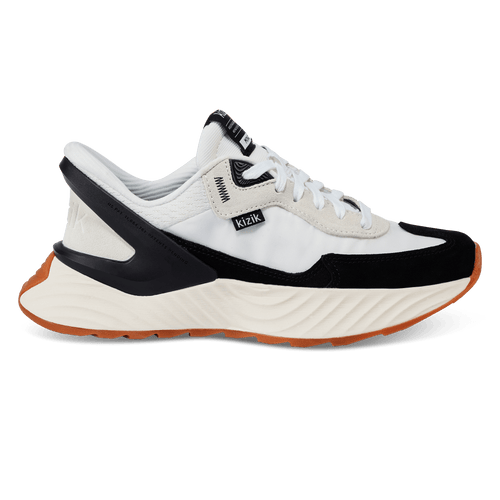


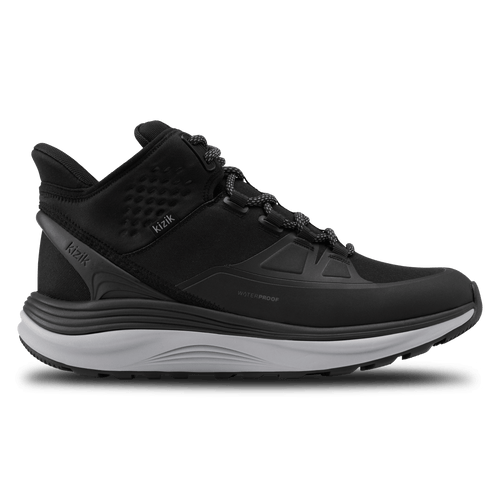
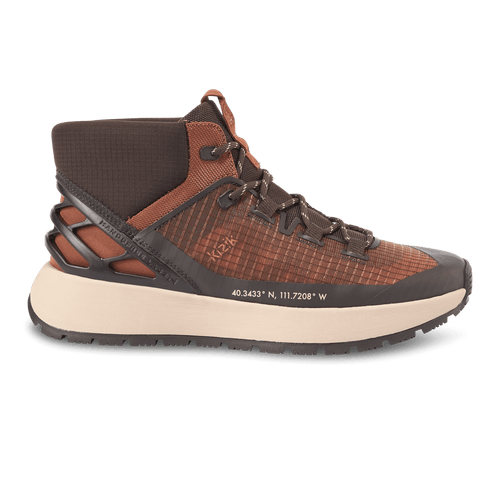

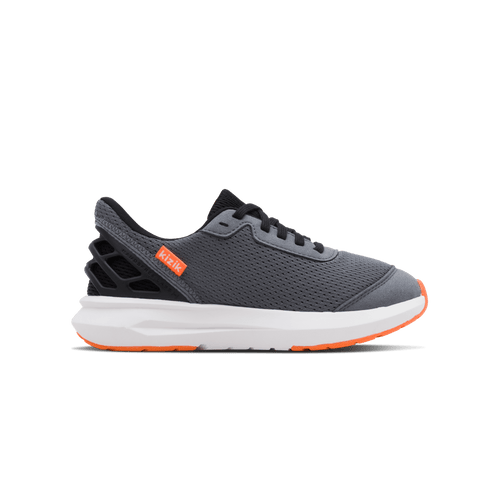

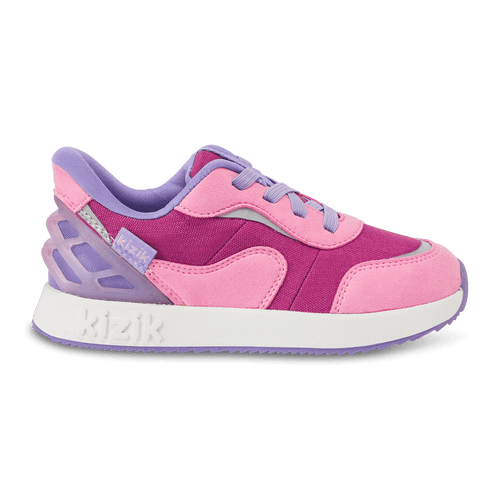

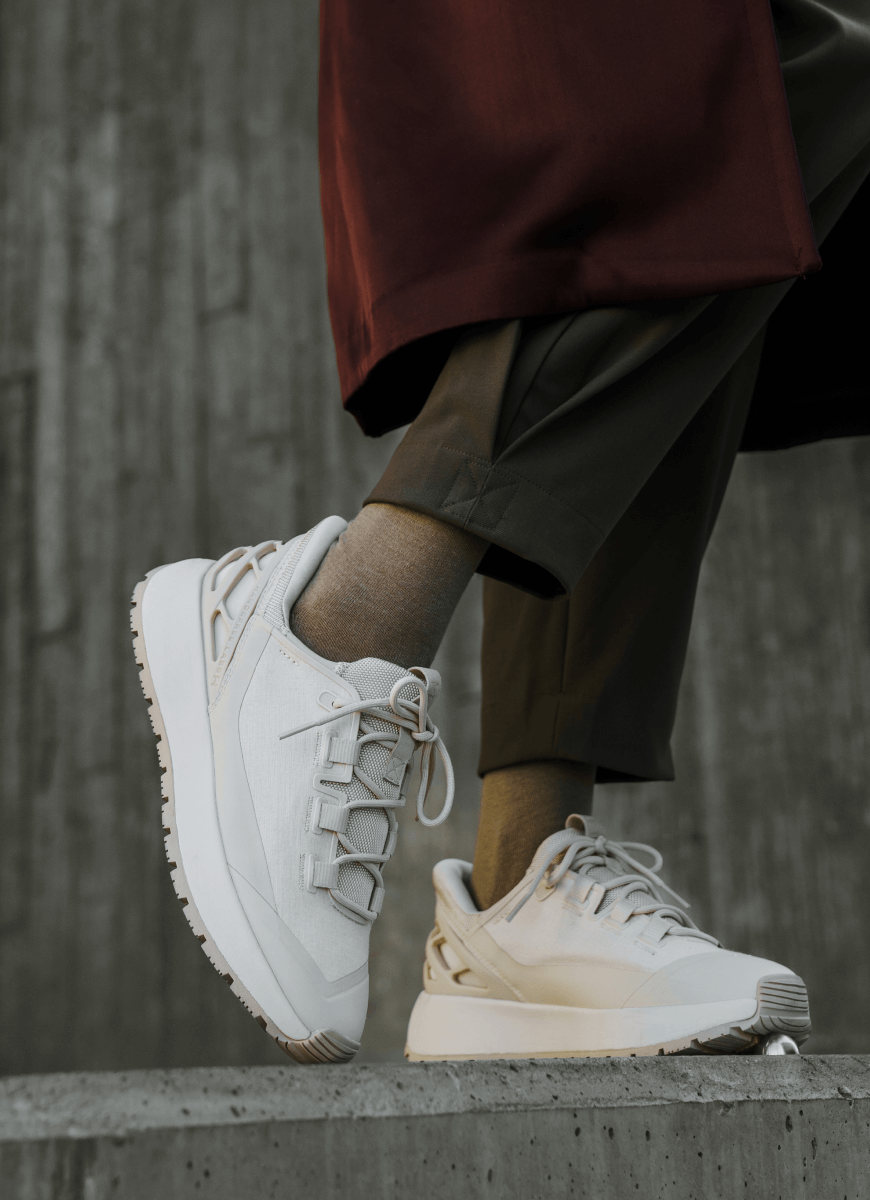
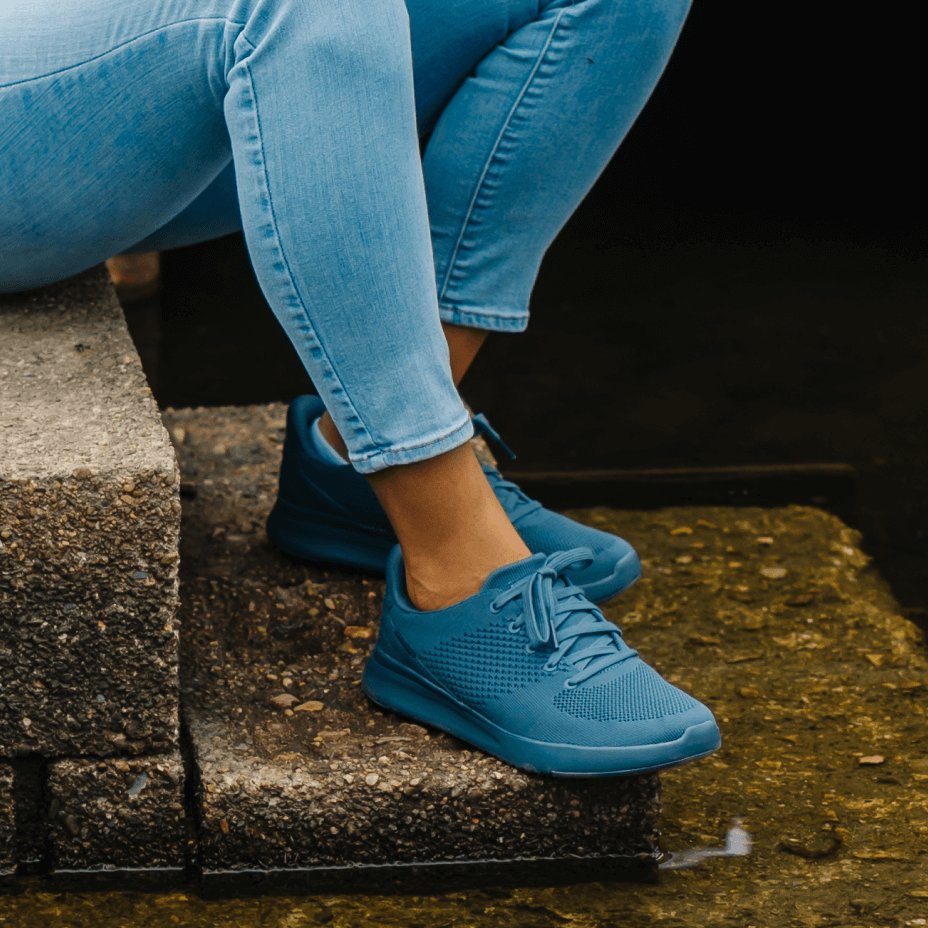

Leave a comment
This site is protected by hCaptcha and the hCaptcha Privacy Policy and Terms of Service apply.